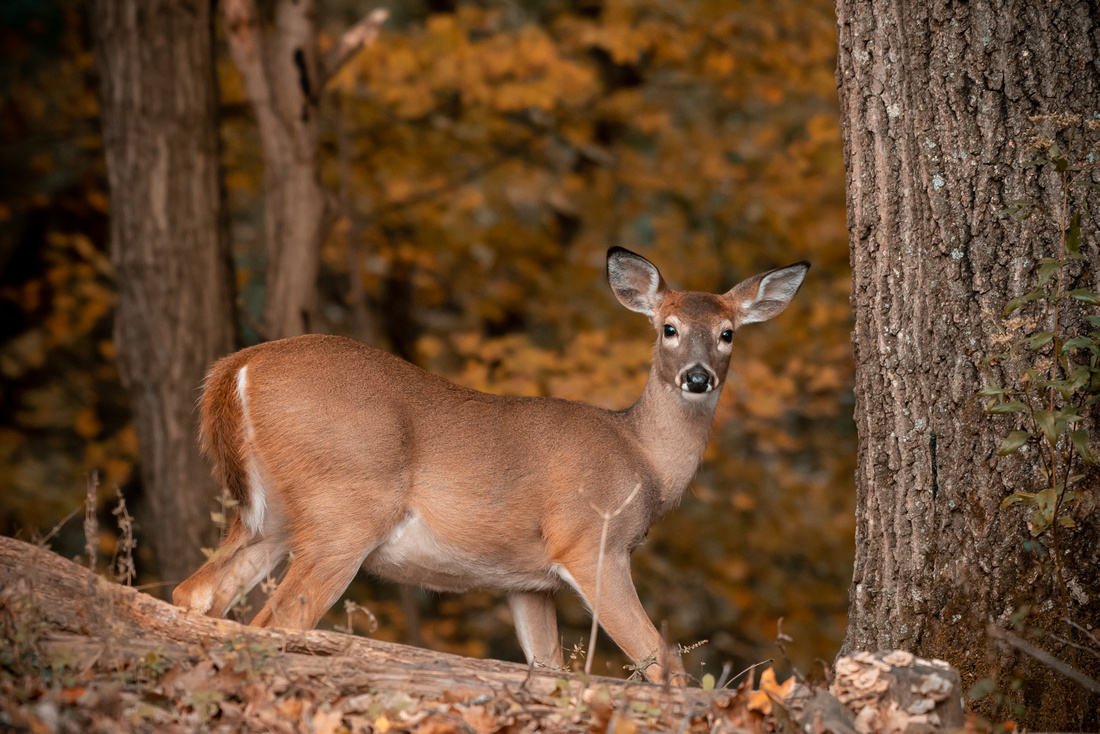This story was updated on 8/27/20.
If you look up into the sky, you might see low-flying planes over the mountains dropping brown pellets for the next couple of weeks.
It is part of the U.S. Department of Agriculture’s National Rabies Management Program, which began in 1997. The pellets are oral vaccinations covered in wax and fishmeal, meant to entice raccoons. For context, the pellets are not toxic to other animals, according to Boehringer Ingelheim, the company that manufactures the vaccine.
“The vaccine has been tested in multiple species, over 60 species actually, for safety,” said veterinarian Joanne Maki of Boehringer Ingelheim. “They’re very rarely leftover doses in the environment, but if they would be there for months at a time, the vaccine inside will eventually die.”
Rabid racoons are most common on the East Coast, including West Virginia, according to the Centers for Disease Control and Prevention. In 2018, 17 counties in West Virginia reported at least one rabid racoon
Although there are typically just one to three human cases of rabies in the U.S. each year, as many as 60,000 people receive rabies treatment for potential exposure. If rabies is contracted it is 100 percent fatal.
Mackey said with the pandemic, more people are outside recreating near potentially rabid animals.
“We wish people will be thinking about rabies,” she said. “And that if they see an animal acting strangely in the environment, that comes into their mind.”
Planes will drop 740,000 vaccines across the state through early September in 14 counties, including Marion, Monongalia, Wetzel, Harrison, Taylor, Barbour, Preston, Upshur, Randolph, Pocahontas, Greenbrier, Monroe, Summers and Mercer.
West Virginia is targeted because the Appalachian Mountains are considered a barrier line for rabid racoon movement to the West.
*Correction: Joanne Maki’s name was changed to reflect the correct spelling of ‘Maki’ not ‘Mackey.’
